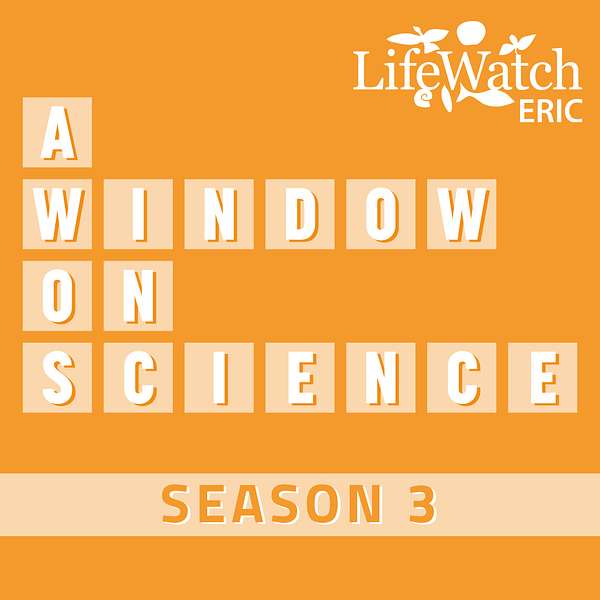
LifeWatch ERIC
LifeWatch ERIC
S3, E18: Acoustic telemetry: tracking fish migrations.
Use Left/Right to seek, Home/End to jump to start or end. Hold shift to jump forward or backward.
Acoustic telemetry consists of a tag, a transmitter, implanted in fish, that sends a signal which can be picked up by receiving instruments, fixed hydrophones under water, that listen for these sounds. When a tagged fish is close to a receiver, it gives a time stamp of when that particular fish was passing by, at a certain location. Jan Reubens at VLIZ, the Flanders Marine Institute, specialises in marine observations, while Pieterjan Verhelst, at the Aquatic Management team at INBO, the Research Institute for Nature and Forest in Brussels, monitors freshwater and rivers. Together they present this Season 3, Episode 18 podcast 'Acoustic Telemetry' on the information that they are able to store in the European Tracking Network, part of the LifeWatch ERIC central data system, in a FAIR, easily accessible way.
The migration of fish is of particular concern -not only when fish migrate between freshwater and the sea, but fish migration in general including species migrating within sea and within freshwater - especially when water extraction and hydroelectric power plants in rivers, and the presence of off-shore wind farms represent serious obstacles to their life cycles. The population of eels was decimated in the 1980s and no-one really knows what caused the abrupt drop; cod populations have been impacted by over-fishing and climate change; anthropogenic factors like pollution and the introduction of non-native species also play a part. Twaite Shad had been absent from the waters around Belgium for about a hundred years, but somewhere around 2010, with better water management practices, the spawning population returned. Successful tagging of Shad sparked the interest of other researchers around the world. Extra data and telemetry networks added to the database extend the geographical scale of the information, which is then more valuable to management agencies and policy-makers. What we learn from the fish helps us restore their populations and habitats to health.

